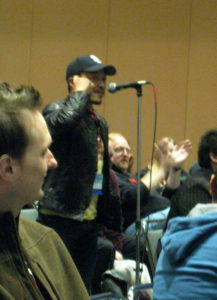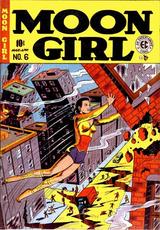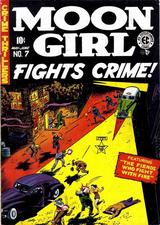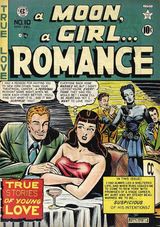A few months ago, Amazon opened a section of their online store where they sell apps for Android devices. Following the same boring-but-descriptive naming scheme that Microsoft pioneered with such products as a word processor called Microsoft Word, a flight simulator called Microsoft Flight Simulator, and so forth, they call it the Amazon Appstore.
Apple, of course, is suing them for trademark infringement. Amazon’s stance: “App store” is a generic, descriptive term for a store that sells apps. Apple counters: “Is not!”
It’s a bit more eloquent than that, but look at this:
“Apple admits that the current edition of the Oxford English Dictionary defines ‘app’ as, in part, ‘[a]n application, esp. an application program,” Apple said in the court filing. “Apple further admits that the current edition of the New Oxford American Dictionary defines ‘store’ as, in part, ‘a retail establishment selling items to the public: a health-food store.'”
And the best part:
“Apple denies that, based on their common meaning, the words ‘app store’ together denote a store for apps,” the document said. [emphasis added]
Really? Funny, I thought that was how the English language worked.
(In the interest of full disclosure: I own an Apple laptop, and Android phone, and use Amazon’s affiliate program…but not their app store.)



